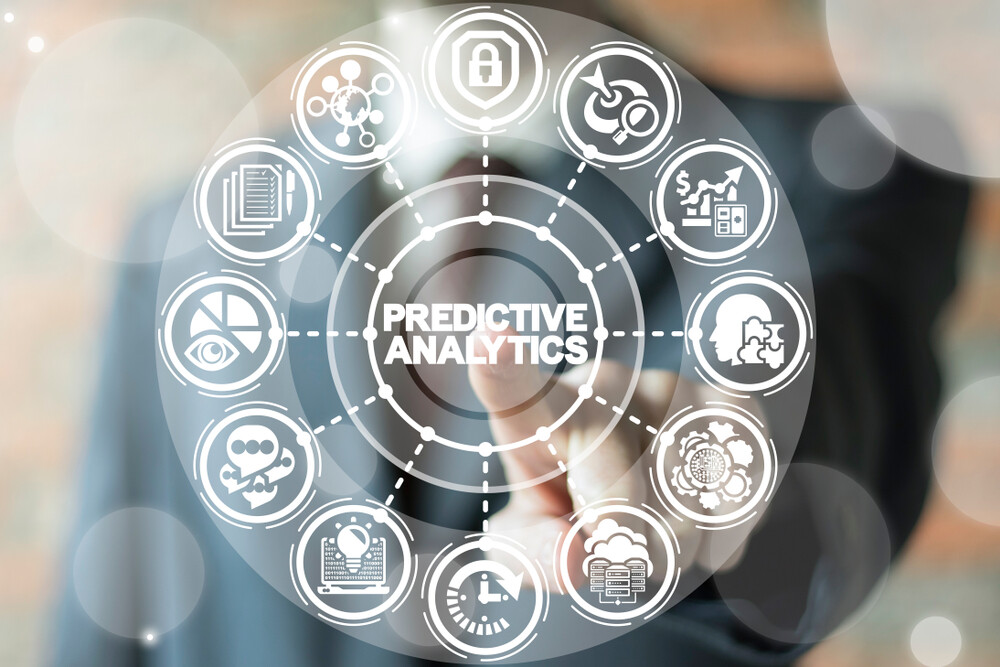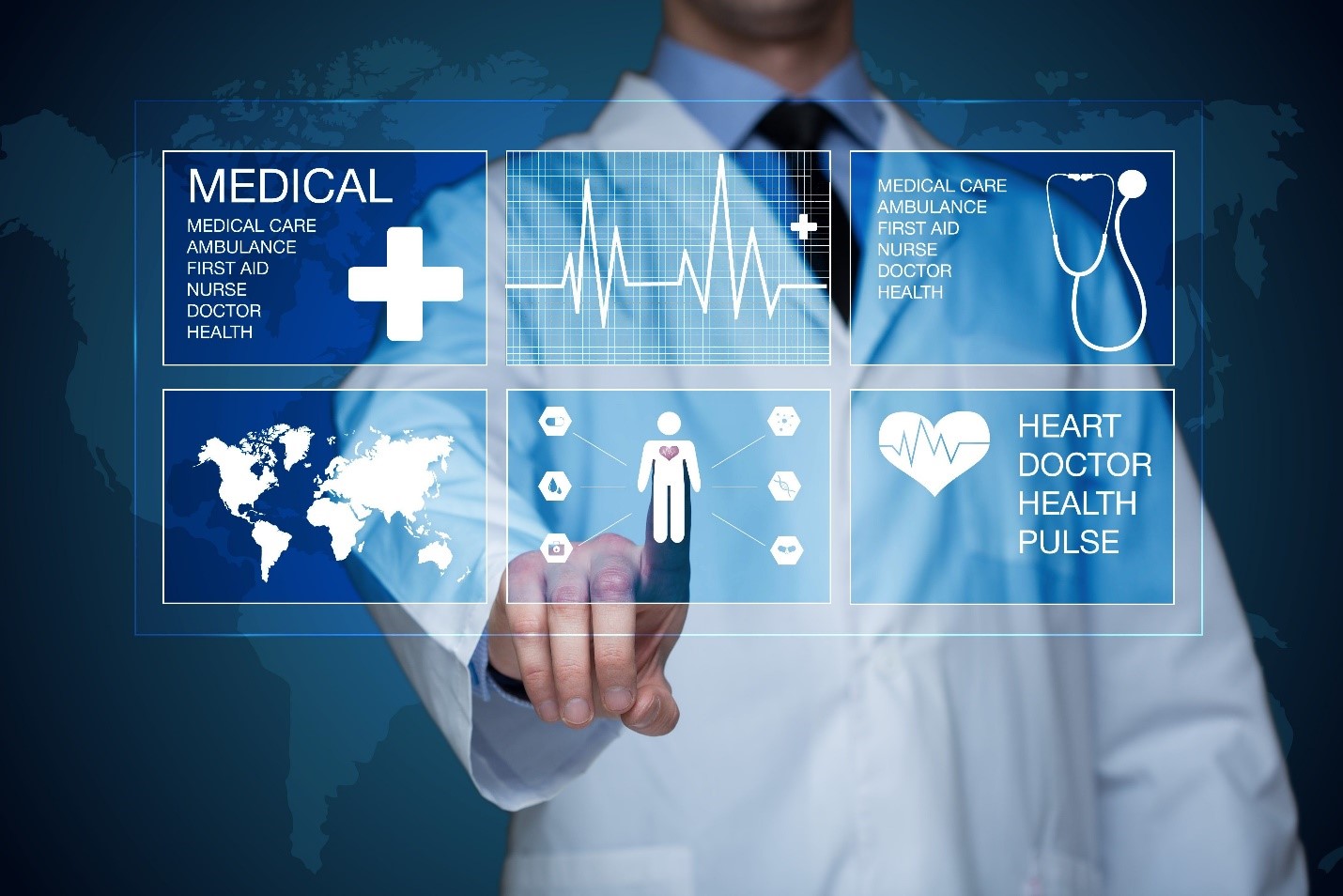The Role of Big Data in Advancing Public Health Initiatives
In recent years, the integration of Big Data into public health initiatives has revolutionized the way health professionals understand, predict, and manage health outcomes. Big Data, characterized by its volume, velocity, variety, and veracity, offers unprecedented opportunities to capture and analyze vast amounts of health-related information. This article delves into the multifaceted role of Big Data in advancing public health, highlighting its transformative potential and the challenges that accompany its implementation.
Understanding Big Data in Public Health
Big Data in public health refers to the extensive datasets generated from various sources such as electronic health records (EHRs), wearable devices, social media, genomic research, and environmental sensors. These datasets are not only large in size but also diverse in type, ranging from structured data like laboratory results to unstructured data such as clinical notes and social media posts.
The primary advantage of Big Data lies in its ability to provide a comprehensive view of health trends and patterns. Traditional public health methods often rely on limited datasets and retrospective analyses, which can be time-consuming and less accurate. In contrast, Big Data enables real-time surveillance and predictive analytics, offering a more dynamic and precise approach to public health.

Enhancing Disease Surveillance and Outbreak Prediction
One of the most significant contributions of Big Data to public health is in the realm of disease surveillance and outbreak prediction. By analyzing data from multiple sources, public health officials can detect early signs of disease outbreaks and implement timely interventions. For instance, during the COVID-19 pandemic, data from EHRs, social media, and mobility patterns were used to track the spread of the virus, predict hotspots, and allocate resources effectively.
Moreover, predictive models powered by Big Data can forecast potential outbreaks by identifying patterns and correlations that may not be apparent through traditional methods. These models can incorporate data on weather conditions, population density, travel patterns, and even social behavior to predict the likelihood of disease spread. This proactive approach enables health authorities to take preventive measures, thereby reducing the impact of infectious diseases.
Personalized Medicine and Population Health Management
Big Data is also playing a crucial role in the shift towards personalized medicine and population health management. Personalized medicine involves tailoring medical treatment to the individual characteristics of each patient, which requires analyzing vast amounts of data from genetic, clinical, and lifestyle sources. Big Data analytics can identify genetic markers associated with specific diseases, predict patient responses to treatments, and suggest personalized interventions.
For population health management, Big Data helps in identifying high-risk groups and developing targeted interventions. By analyzing data on social determinants of health, such as income, education, and housing conditions, public health professionals can address the root causes of health disparities. For example, predictive analytics can identify communities at higher risk of chronic diseases like diabetes and hypertension, enabling the implementation of targeted health promotion programs.
Improving Health Policy and Decision-Making
The insights derived from Big Data are invaluable for informing health policy and decision-making. Policymakers can use data analytics to evaluate the effectiveness of public health programs, identify gaps in service delivery, and allocate resources more efficiently. For instance, data on hospital readmissions and emergency room visits can highlight areas where healthcare systems need improvement.
Furthermore, Big Data can support evidence-based policymaking by providing robust data on health outcomes and the factors influencing them. This evidence can be used to advocate for policies that address social determinants of health, promote preventive care, and improve access to healthcare services. By leveraging Big Data, policymakers can make informed decisions that enhance public health and well-being.

Addressing Public Health Challenges with Big Data
Despite its potential, the use of Big Data in public health is not without challenges. One of the primary concerns is data privacy and security. The sensitive nature of health data necessitates stringent measures to protect patient confidentiality and prevent data breaches. Ensuring compliance with regulations such as the Health Insurance Portability and Accountability Act (HIPAA) is crucial for maintaining public trust.
Another challenge is the integration of disparate data sources. Public health data comes from various sectors, including healthcare, social services, and environmental monitoring. Integrating these datasets requires standardized data formats and interoperability between systems. Efforts such as the adoption of Health Level Seven (HL7) standards and the development of data-sharing platforms are essential for overcoming these barriers.
Moreover, the sheer volume of data can be overwhelming, necessitating advanced analytical tools and techniques. Machine learning and artificial intelligence (AI) are increasingly being used to process and analyze Big Data, but these technologies require significant investment in infrastructure and expertise. Building capacity in data science and analytics within public health institutions is critical for harnessing the full potential of Big Data.
Future Directions and Opportunities
The future of Big Data in public health is promising, with ongoing advancements in technology and analytics opening new possibilities. The integration of Internet of Things (IoT) devices, such as smartwatches and health monitors, will generate continuous streams of health data, enabling real-time monitoring and intervention. Additionally, the use of blockchain technology can enhance data security and enable secure data sharing among stakeholders.
Collaborative efforts between public health institutions, technology companies, and academic researchers will be key to driving innovation in this field. Public-private partnerships can facilitate the development of advanced analytics platforms and the implementation of large-scale public health initiatives. Moreover, fostering a culture of data sharing and collaboration will be essential for addressing global health challenges and achieving sustainable health outcomes.
In conclusion, Big Data holds immense potential for advancing public health initiatives by enhancing disease surveillance, enabling personalized medicine, informing health policy, and addressing health disparities. While challenges remain, the continued evolution of data analytics and technology promises to unlock new opportunities for improving public health and well-being. As we move forward, it is imperative to prioritize data privacy, invest in analytical capabilities, and foster collaboration to fully realize the benefits of Big Data in public health.












